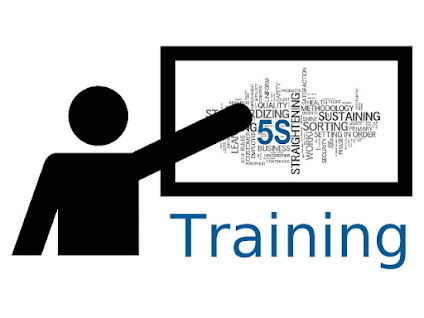The Importance of Hypothesis Training
Hypothesis training is an important
tool for any business looking to maximize its success. It helps organizations
identify and test ideas quickly, allowing them to make better decisions faster.
By testing hypotheses in a controlled environment, businesses can assess the
potential impact of new strategies or products before investing heavily in
development and implementation. This saves time and money while providing
valuable insights into how customers will respond to changes within the
organization.
The first step of hypothesis training is identifying areas
where improvement may be needed or opportunities that could lead to increased
profits or customer satisfaction levels. Once these areas have been identified,
businesses should develop a series of hypotheses that address each one
specifically by proposing possible solutions for each problem area they’ve
identified. These proposed solutions should then be tested through experiments
conducted with real customers or users to validate their effectiveness against
expected results before any large-scale investments are made into implementing
them on a wider scale across the organization as part of its overall strategy
moving forward.
Also Read: ANOVA Training
Hypothesis testing allows companies
not only to save time but also to reduce risk when introducing new
products/strategies, as it provides data-driven information about what works
best instead of relying solely on intuition, which may often lead down wrong
paths if assumptions are incorrect due to a lack of experience/knowledge about
specific markets being targeted, etc.
Additionally, it helps provide
feedback from actual consumers who can provide direct insight into how well
something performs versus just theoretical projections based on market research
alone, which isn't always accurate given ever-changing economic conditions,
etc. All of this makes hypothesis training an invaluable exercise that all
successful businesses must undertake regularly if they want to remain
competitive over the long term!




Comments
Post a Comment